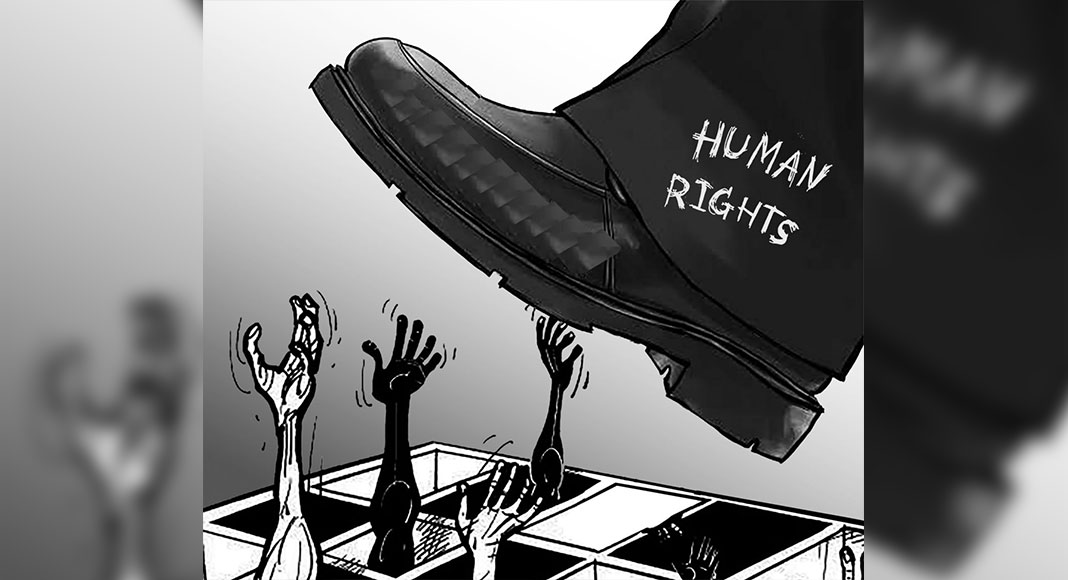
Ethiopia has endured years of devastating conflict, with humanitarian crises, mass displacement, and severe human rights violations plaguing multiple regions over the last several decades. The toll of the crisis riving the country has been particularly devastating since Prime Minister Abiy Ahmed (PhD) came to power seven years ago. The two-year civil war in Tigray, the ongoing armed rebellions in the Amhara and Oromia regions as well as senseless intercommunal conflicts and targeted attacks in almost all regions that have killed hundreds of thousands of citizens, displaced millions more from their homes and the destruction of both private and public property worth billions of dollars. Unfortunately, there has been no end in sight to the brutalities which have wrought havoc on the affected individuals and communities. As the nation lurches from one catastrophe to another, all the parties to the conflict—whether federal forces, regional militias, or armed insurgent groups—must commit to three fundamental principles: transparency, accountability, and civilian protection. Without these, lasting peace will remain elusive, and cycles of violence will persist.
Transparency is the cornerstone of trust in any conflict resolution process. Yet, in Ethiopia, information blackouts, propaganda, and deliberate misinformation have exacerbated tensions. Both the government and armed groups have restricted access to conflict zones, preventing independent journalists and humanitarian agencies from documenting atrocities or delivering aid. In the absence of transparency war crimes go unreported, allowing perpetrators to act with impunity; conflicting narratives abound, fueling distrust humanitarian aid is obstructed, worsening starvation and displacement; and pace negotiations lack credibility, as parties manipulate facts for political gain. All sides must therefore allow independent investigations, ensure media freedom, and provide accurate data on military operations and civilian harm. Only then can Ethiopians begin reconciling and rebuilding.
Accountability is Ethiopia’s most glaring deficit. For decades, cycles of violence have repeated because perpetrators—whether state actors or rebel forces—rarely face justice. Prosecutions remain selective, politically motivated, or nonexistent. The Ethiopian government has taken some steps, such as signing a ceasefire in Tigray and pledging transitional justice. However, these efforts risk being perceived as victor’s justice if impartial mechanisms are not put in place. True accountability requires, among others, independent investigations by reliable local organizations and where necessary international bodies like the UN or African Commission; fair trials for all perpetrators, including state-aligned forces and insurgents; and reparations for victims so as to ensure that survivors are not forgotten. If warlords and commanders believe they can kill without consequence, Ethiopia’s conflicts will never end. Justice is not revenge—it is the foundation of durable peace.
The most urgent priority must be protecting civilians. Civilians are not collateral damage—they are human beings whose rights must be upheld. As a signatory to various international humanitarian law treaties, Ethiopia owes the obligation to protect civilians and non-combatants during armed hostilities. Other international instruments the country has adopted also impose prohibitions against such acts as the killing, torture, and inhumane treatment of civilians as well as the obstruction of humanitarian access to assist affected populations in times of conflict. These instruments require all protagonists to ensure the fulfillment of rights related to the provisioning of food, water, health, housing, and education even amidst armed confrontations. Furthermore, Ethiopia’s constitution and domestic legislations embody principles that are consistent with international humanitarian law and human rights standards. If civilians are to be shielded from the horrific impacts of conflict, namely the gross violation of human rights, it is of the essence that both government forces and insurgents alike are guided by the welfare of defenseless citizens in their actions.
Ethiopia’s future hinges on whether its leaders and armed groups choose justice over vengeance, truth over propaganda, and humanity over brutality. Absent transparency, accountability, and civilian protection, the wounds of war will fester, breeding future conflicts. The time for empty promises is over—Ethiopians deserve action. The world is watching. History will judge. Will Ethiopia’s warring parties continue to perpetuate the cycle of violence or finally uphold their obligations to the people they claim to serve? Time will tell.
.
.
.
#Upholding #Transparency #Accountability #Civilian #Protection
Source link











